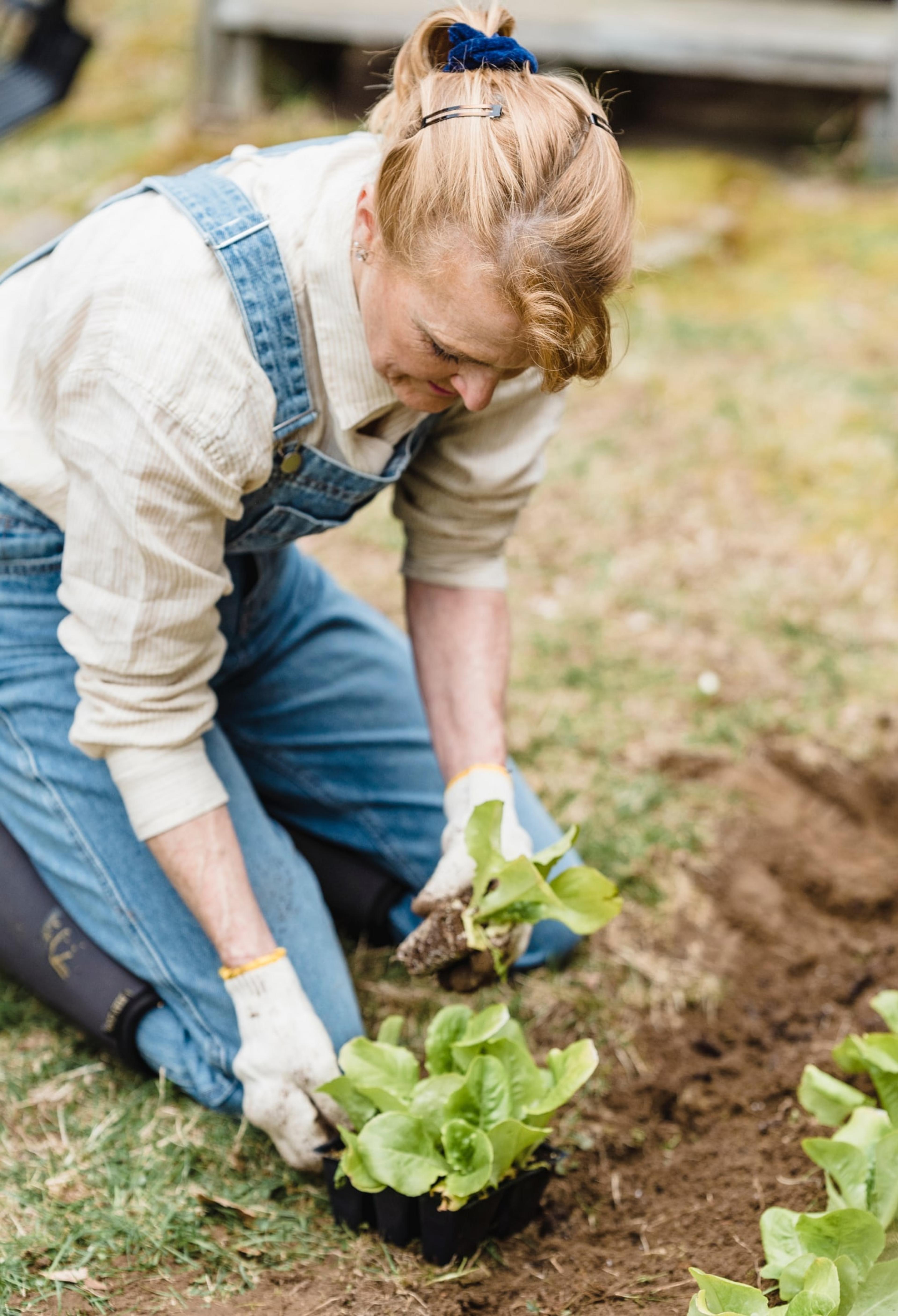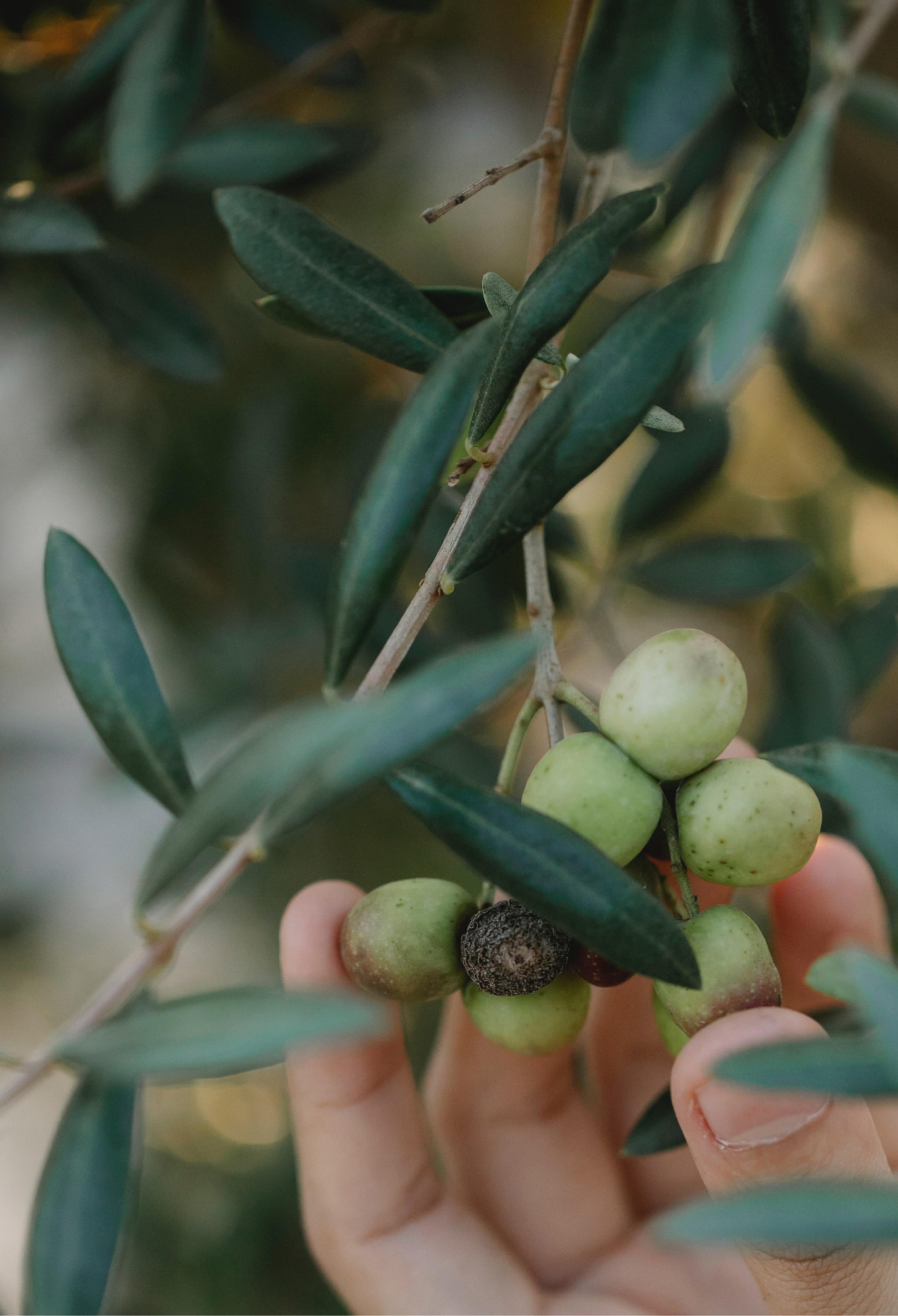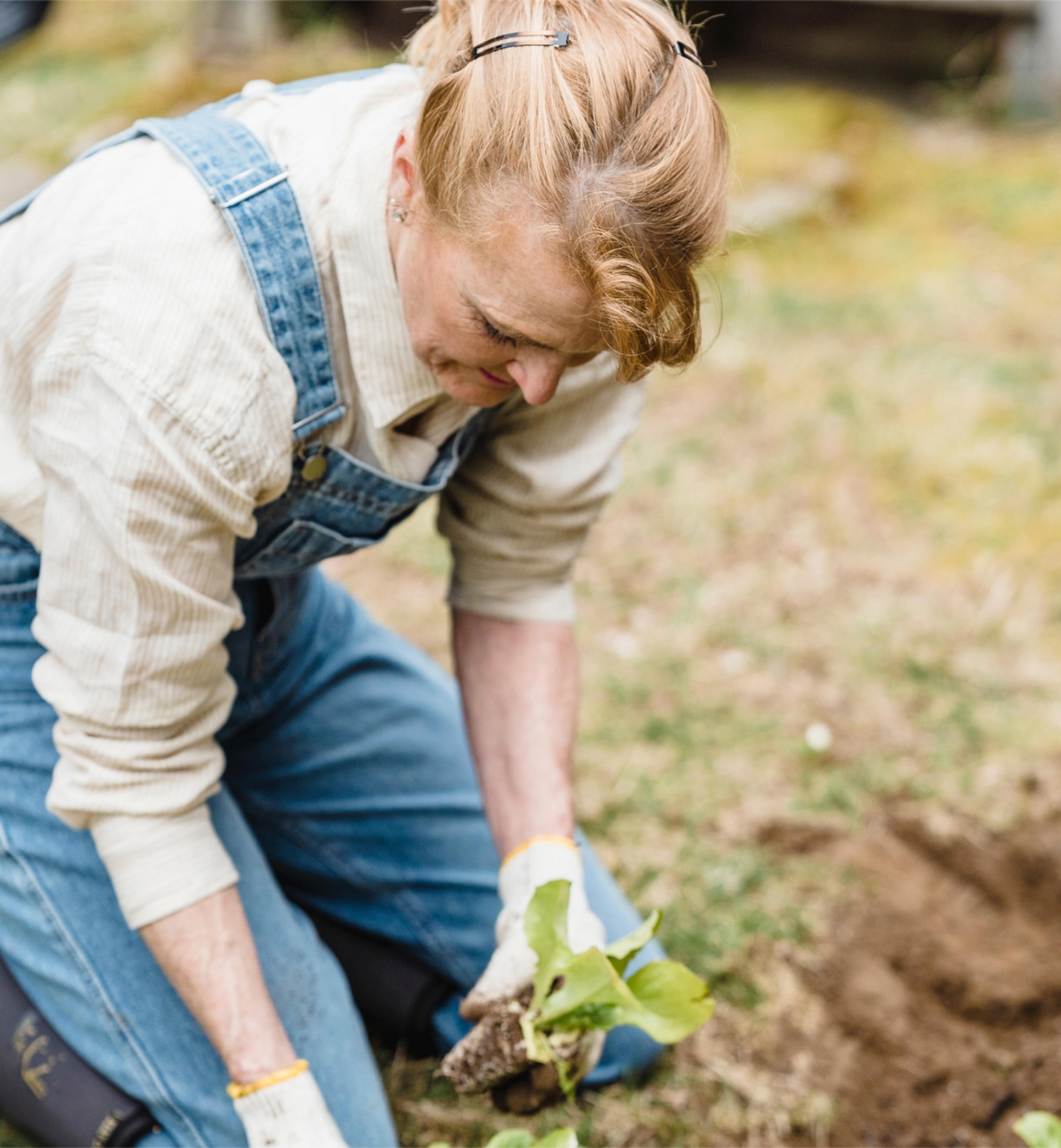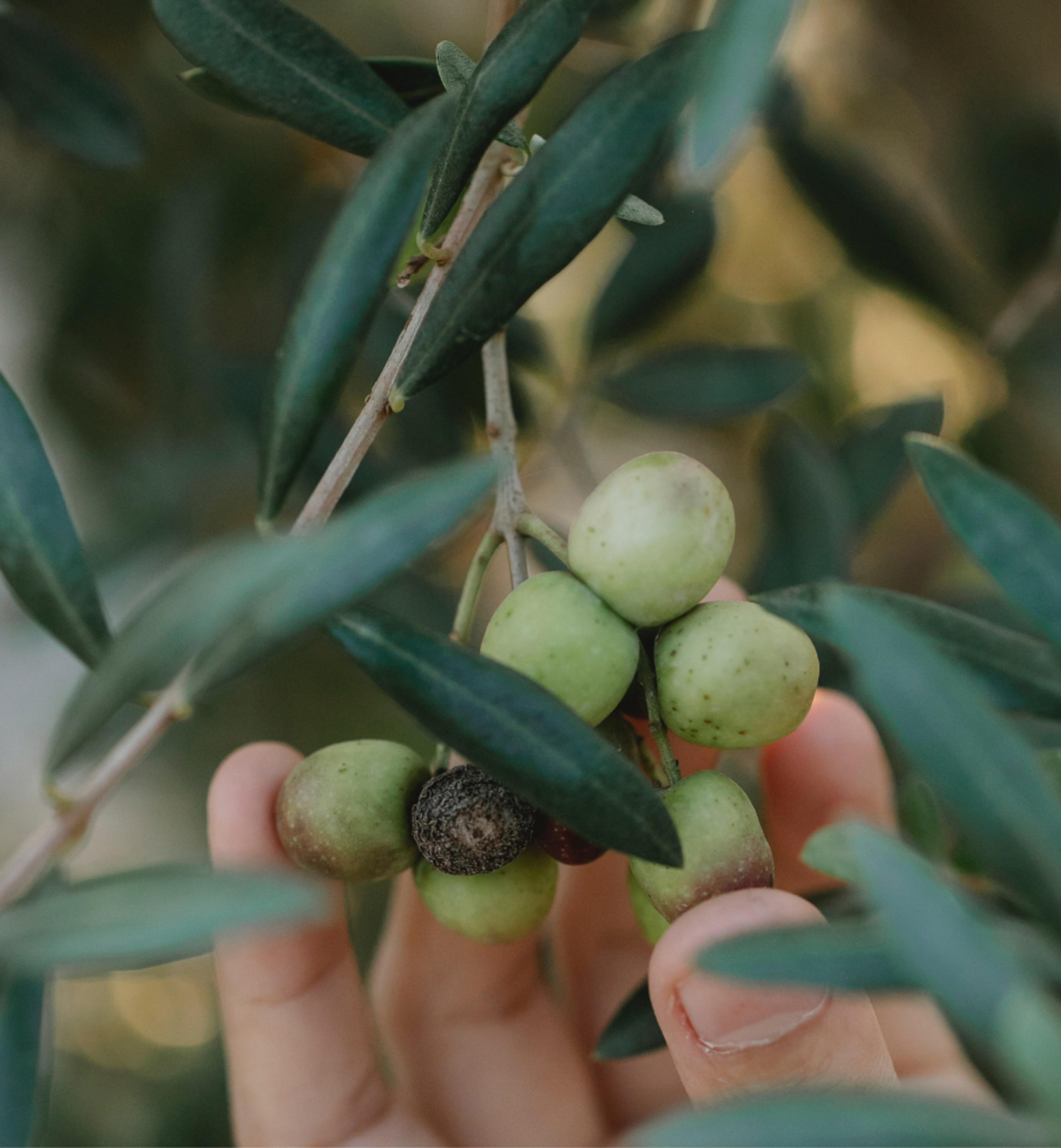Let’s Break it Down
About the Fund
Sustainable Table has granted over $1.9 million to 89 projects regenerating food and farming across Australia. Learn more about the projects we've funded below.
We are also piloting new approaches to funding and investment that prioritise the needs of the change makers on the ground. Explore our guide to Regenerating Investment in Food and Farming.
Together, we can take action to transform food and farming for a thriving future. Donate today or get in touch to find out more about partnering with us.
Please note that we are not accepting applications for grants/funding at this time.
Funded Projects
Meet the change makers regenerating food and farming
No Projects
Sustainable Table Fund
Sustainable Table is not currently administering a grant program.
We’re shifting our focus towards government and private partnerships, exploring new forms of investment. This means we won’t be offering small-scale grants for the foreseeable future.
However, we’re still available to auspice grants—feel free to reach out if you’d like to discuss this further.
Get On Our Radar
Apply to join the Sustainable Table Regenerative Food and Farming Map and get on our radar!
Being featured on the map connects you to our ecosystem, increasing visibility and creating opportunities to engage with industry, partner organisations, and funders. Please note, inclusion on the map does not guarantee funding.
